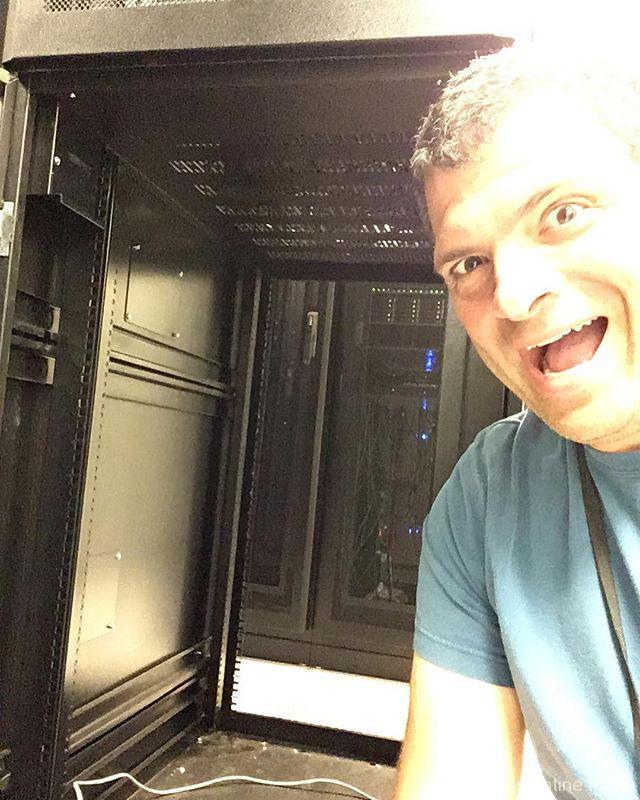I often mention the false sense of urgency that I experience. I have lots of ideas, sure, but it’s more than the frequent appearance of those endless new opportunities. It’s more so the sense that anything I’m already working on, I could do just a little bit better. There’s a pessimistic paranoia that old, greying system administrators develop; they look both ways even when crossing one-way streets. All of that combines within me. I’m not sure if all that striving leads me to feel there’s a scarcity of time and opportunity, or vice versa— I have a sense of scarcity, which leads to the sense of urgency and incessant striving.
Schopenhauer’s pessimism is based on two kinds of observation. The first is an inward-looking observation that we aren’t simply rational beings who seek to know and understand the world, but also desiring beings who strive to obtain things from the world. Behind every striving is a painful lack of something, Schopenhauer claims, yet obtaining this thing rarely makes us happy. For, even if we do manage to satisfy one desire, there are always several more unsatisfied ones ready to take its place. Or else we become bored, aware that a life with nothing to desire is dull and empty. If we are lucky enough to satisfy our basic needs, such as hunger and thirst, then in order to escape boredom we develop new needs for luxury items, such as alcohol, tobacco or fashionable clothing. At no point, Schopenhauer says, do we arrive at final and lasting satisfaction. Hence one of his well-known lines: ‘life swings back and forth like a pendulum between pain and boredom’.
~ David Bather Woods from, For Schopenhauer, happiness is a state of semi-satisfaction | Aeon Essays
slip:4uaeea20.
For five months I’ve had a single sticky-note on my monitor which reads, “There are no miracles. There is only discipline.” It’s a strikingly clear guide star. I believe that a disciplined person knows not only when to strive, but also when to ignore an idea, when to pause for the time being, and when to rejuvenate.
Most often that sticky-note triggers my thinking about living a balanced discipline. I see the note (it’s unfortunately only on my monitor, but should be added to the interior of my eyelids) and then I notice if I’m feeling harried, or if I’m striving… Why? Is this thing I’m doing, or that thing I feel I should be doing, actually urgent? And how—get clear here, Craig—did this or that even get to be the thing I’m doing, the thing on my radar, on my to-do list, on my to-should list… What would it be like, to simply be?
ɕ
